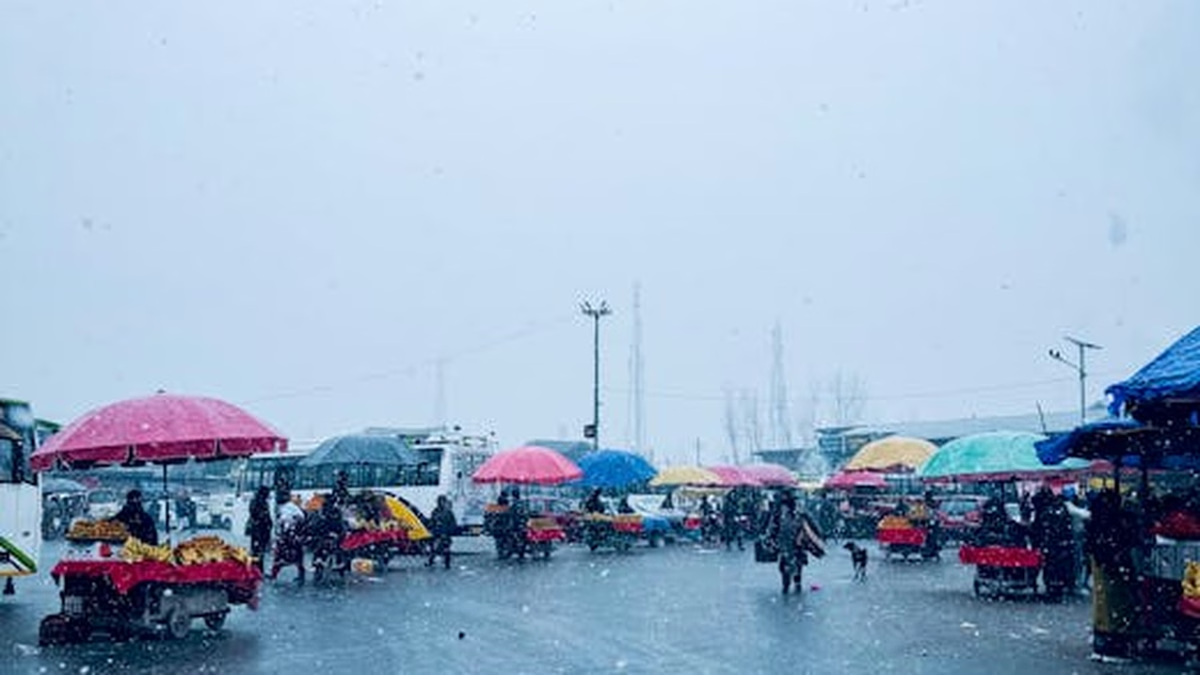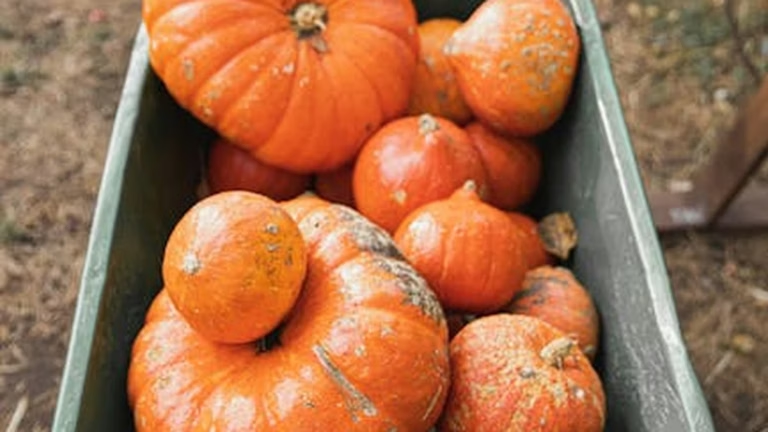Eczema in Cold Weather: A Comprehensive Guide for Relief and Prevention
Understanding Eczema and Cold Weather
Eczema, also known as atopic dermatitis, is a chronic inflammatory skin condition characterized by dry, itchy, and inflamed skin. While eczema can flare up at any time of year, many people find that their symptoms worsen during the colder months. This is because cold weather eczema often leads to increased dryness and irritation.
According to the National Eczema Association, over 31.6 million Americans have some form of eczema. Understanding why eczema cold weather flares occur is the first step towards effective management and prevention.
Why Does Eczema Worsen in Winter?
Several factors contribute to the exacerbation of eczema symptoms during the winter:
- Low Humidity: Cold air holds less moisture, leading to lower humidity levels both indoors and outdoors. This dry air draws moisture away from the skin, leaving it parched and more susceptible to irritation.
- Indoor Heating: Central heating systems, while providing warmth, further dry out the air indoors.
- Harsh Winds: Exposure to cold, windy weather can strip the skin of its natural oils, leading to dryness and cracking.
- Frequent Hot Showers and Baths: While tempting to warm up, hot water can actually worsen eczema by removing the skin’s natural protective barrier.
- Wool and Synthetic Fabrics: Winter clothing made from wool or synthetic materials can irritate sensitive skin, triggering eczema flare-ups.
Relieving Eczema Symptoms in Cold Weather
When eczema cold weather symptoms flare up, it’s crucial to have a plan for immediate relief. Here are some effective strategies:
Moisturize, Moisturize, Moisturize
Consistent moisturization is the cornerstone of eczema winter relief. Apply a thick, emollient-rich moisturizer several times a day, especially after bathing or washing your hands. Look for products that are fragrance-free, hypoallergenic, and contain ingredients like:
- Ceramides: Help to restore the skin’s natural barrier.
- Glycerin: A humectant that attracts moisture to the skin.
- Shea Butter: Provides deep hydration and soothes irritated skin.
- Petroleum Jelly: A highly effective occlusive moisturizer that creates a protective barrier on the skin.
What are the best moisturizers for eczema during winter? Ointments and creams are generally better than lotions, as they contain more oil and less water. Consider brands like CeraVe, Eucerin, and Vanicream, which are specifically formulated for sensitive skin.
Gentle Cleansing
Avoid harsh soaps and cleansers that can strip the skin of its natural oils. Opt for gentle, fragrance-free cleansers specifically designed for sensitive skin. Use lukewarm water instead of hot water when bathing or showering, and limit the duration to 10-15 minutes. Pat your skin dry gently with a soft towel, and immediately apply moisturizer.
Topical Corticosteroids
For more severe flare-ups, your doctor may prescribe topical corticosteroids. These medications help to reduce inflammation and itching. Use them as directed by your doctor, and be mindful of potential side effects with long-term use.
Wet Wraps
Wet wraps can provide intense hydration and relief from itching. Apply a layer of moisturizer to the affected area, then wrap it with a damp cloth. Cover the damp cloth with a dry cloth. Leave the wraps on for 15-30 minutes, or as directed by your doctor. Boost Immunity This Fall!…
Preventing Eczema Flare-Ups in Cold Weather
Prevention is key to managing dry skin eczema cold. By taking proactive steps, you can minimize the frequency and severity of flare-ups.
Humidify Your Home
Using a humidifier, especially in the bedroom, can help to increase the moisture content of the air and prevent your skin from drying out. Aim for a humidity level of around 40-50%.
Dress Appropriately
Avoid wearing wool or synthetic fabrics directly against your skin. Opt for soft, breathable materials like cotton. Dress in layers so you can adjust to changing temperatures and avoid overheating, which can also trigger eczema.
Protect Your Skin Outdoors
When spending time outdoors in cold, windy weather, protect your skin by wearing gloves, a scarf, and a hat. Apply a thick layer of moisturizer to exposed skin before going outside. Pumpkin Detox: Post-Halloween Cleanse…
Avoid Triggers
Identify and avoid your personal eczema triggers. Common triggers include certain foods, allergens, stress, and irritants in soaps, detergents, and cosmetics. Keeping a diary can help you pinpoint your specific triggers.
Stay Hydrated
Drinking plenty of water helps to keep your skin hydrated from the inside out. Aim for at least eight glasses of water per day.
Manage Stress
Stress can exacerbate eczema symptoms. Practice stress-reducing techniques such as yoga, meditation, or deep breathing exercises.
Regular Moisturizing Routine
Establish a consistent moisturizing routine and stick to it, even when your skin feels good. This will help to maintain your skin’s protective barrier and prevent future flare-ups. This is key for eczema prevention winter.
Case Study: Sarah’s Winter Eczema Relief
Sarah, a 35-year-old with a history of eczema, found that her symptoms worsened significantly each winter. After consulting with a dermatologist, she implemented a comprehensive skincare routine that included:
- Using a humidifier in her bedroom.
- Switching to fragrance-free, hypoallergenic skincare products.
- Applying a thick emollient moisturizer multiple times a day.
- Wearing cotton clothing and avoiding wool.
- Taking short, lukewarm showers instead of hot baths.
Within a few weeks, Sarah noticed a significant improvement in her eczema symptoms. She experienced fewer flare-ups and her skin felt less dry and itchy. Her success underscores the importance of a consistent and proactive approach to managing treating eczema in winter.
When to See a Doctor
While many cases of eczema can be managed with over-the-counter remedies and lifestyle changes, it’s important to see a doctor if:
- Your eczema symptoms are severe or not improving with home treatment.
- You suspect a skin infection.
- Your eczema is interfering with your sleep or daily activities.
- You are experiencing new or worsening symptoms.
Frequently Asked Questions
Q1: Why does eczema worsen in winter?
This important question is covered in detail in the sections above. Review the related content for comprehensive answers.
Q2: How can I prevent eczema flare-ups in cold weather?
This important question is covered in detail in the sections above. Review the related content for comprehensive answers.
Q3: What are the best moisturizers for eczema during winter?
This important question is covered in detail in the sections above. Review the related content for comprehensive answers.
References & Further Reading
For more information about Managing Eczema in Cold Weather: A Comprehensive Guide for Relief and Prevention, consider these authoritative sources:
-
Centers for Disease Control and Prevention
Leading national public health institute of the United States.
Source: cdc.gov -
World Health Organization
Global authority on international public health.
Source: who.int -
Mayo Clinic Healthy Lifestyle
Evidence-based health advice from medical experts.
Source: mayoclinic.org
These external resources provide additional scientific and medical insights.
Conclusion
Managing eczema cold weather flare-ups can be challenging, but with the right strategies and a consistent skincare routine, you can find relief and prevent future outbreaks. By understanding the factors that contribute to cold weather eczema and implementing proactive measures, you can enjoy healthier, more comfortable skin all winter long. Remember to prioritize moisturization, avoid triggers, and protect your skin from the elements. If you’re still struggling, don’t hesitate to seek professional help from a dermatologist.






